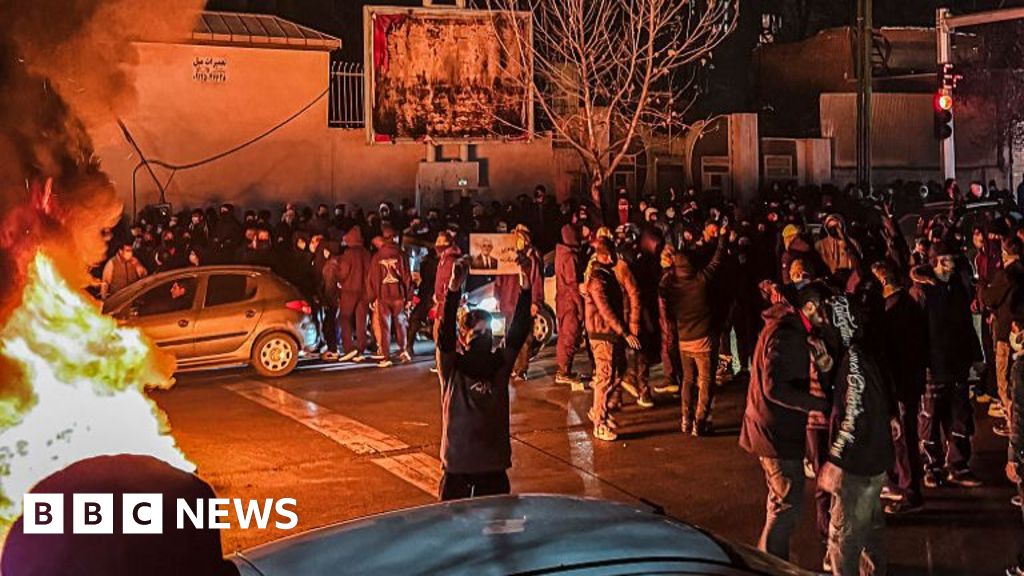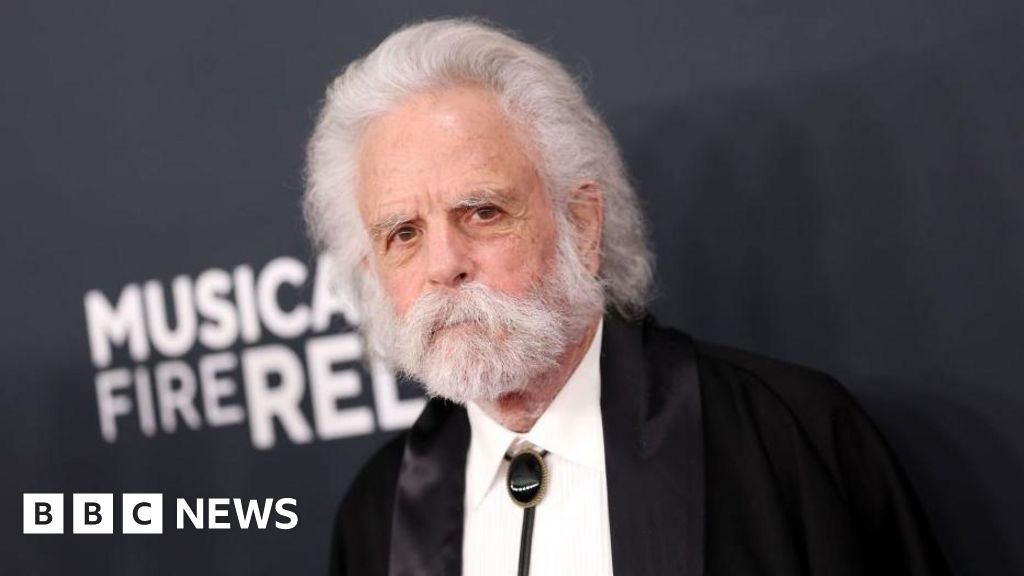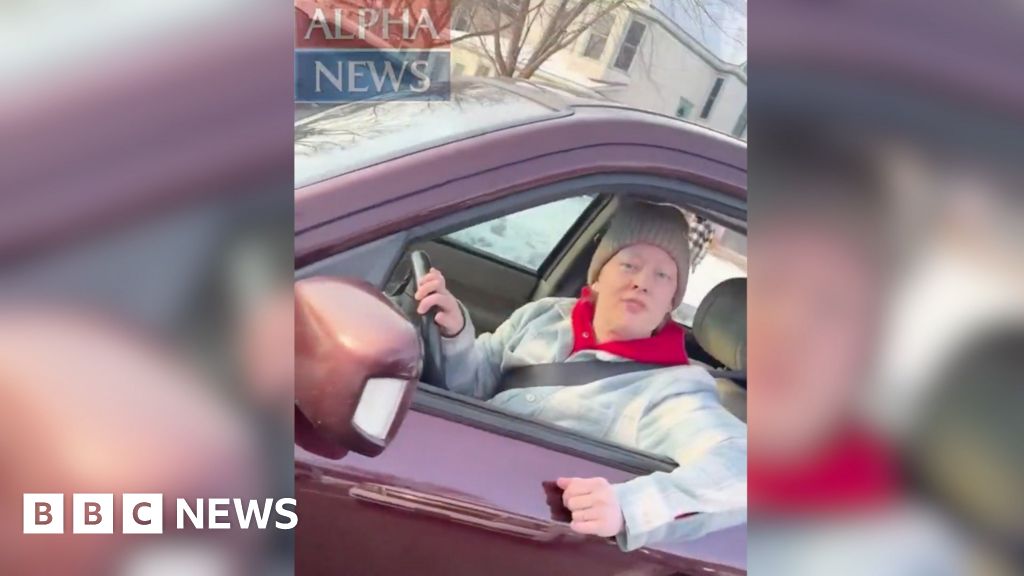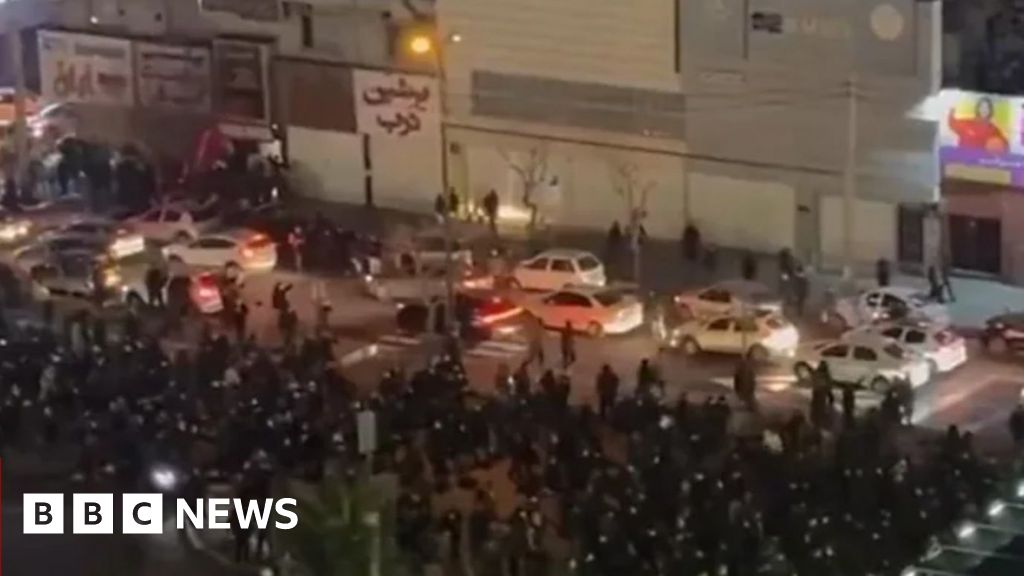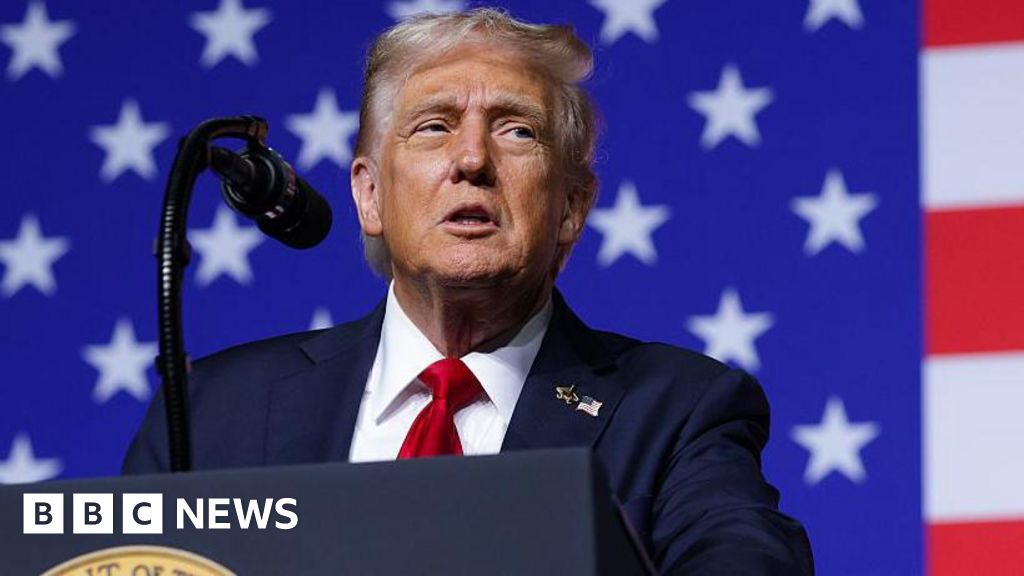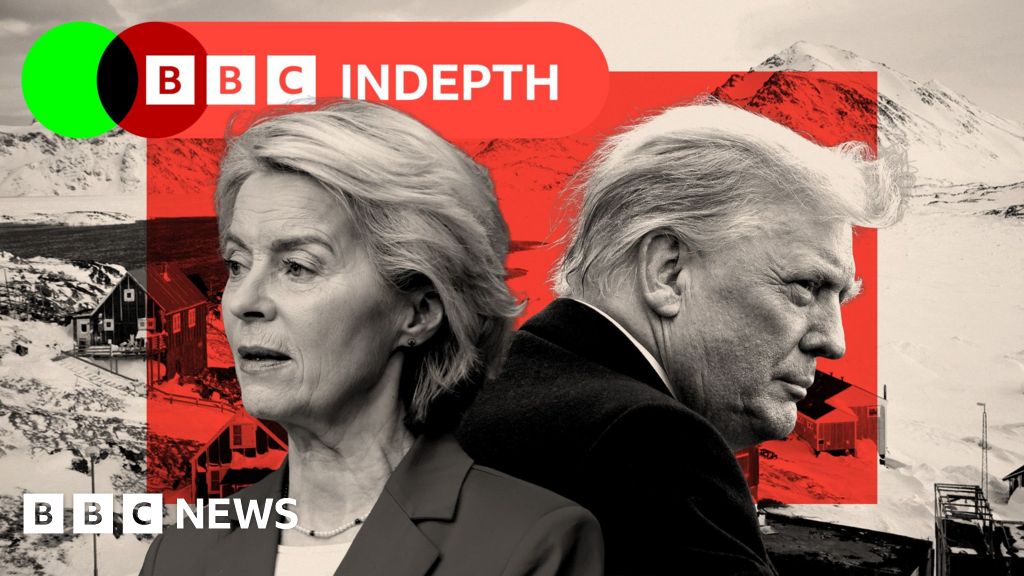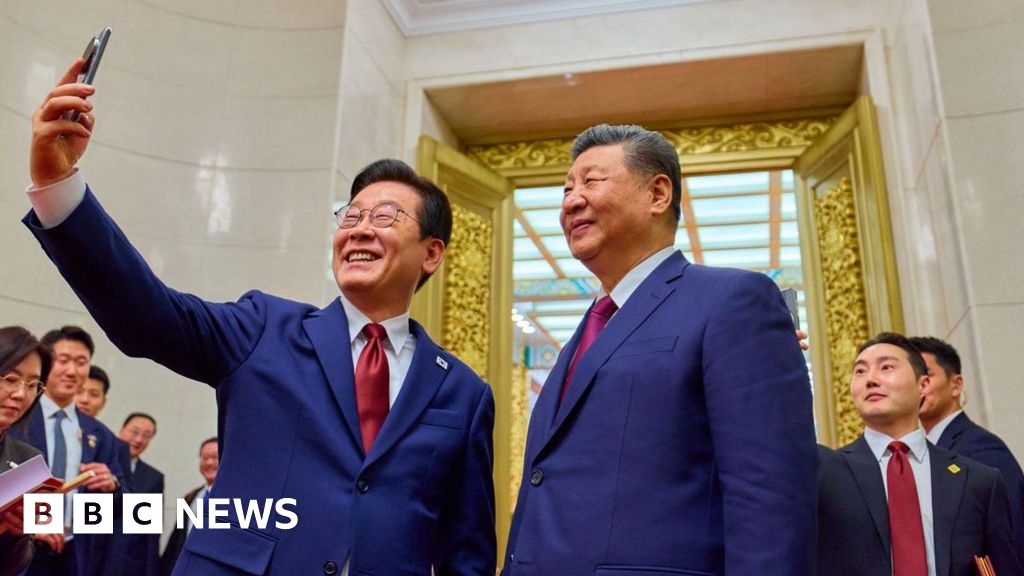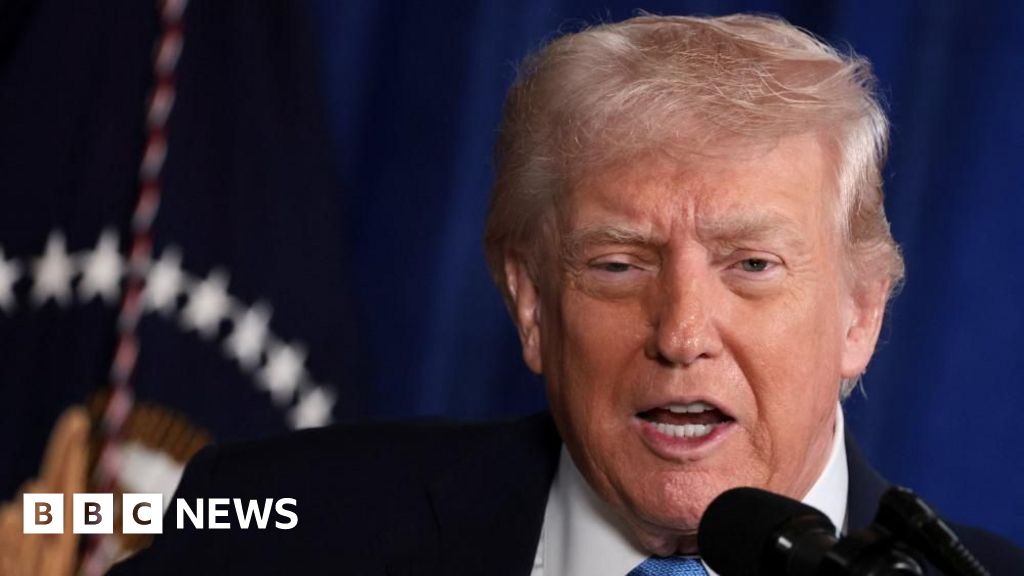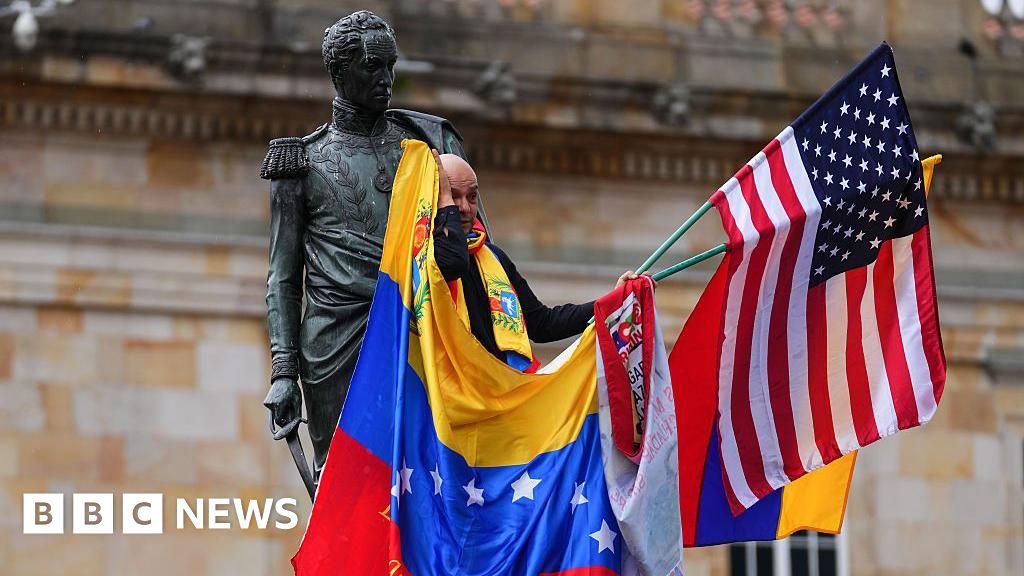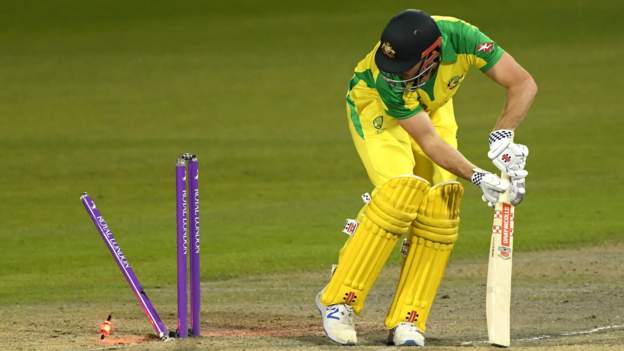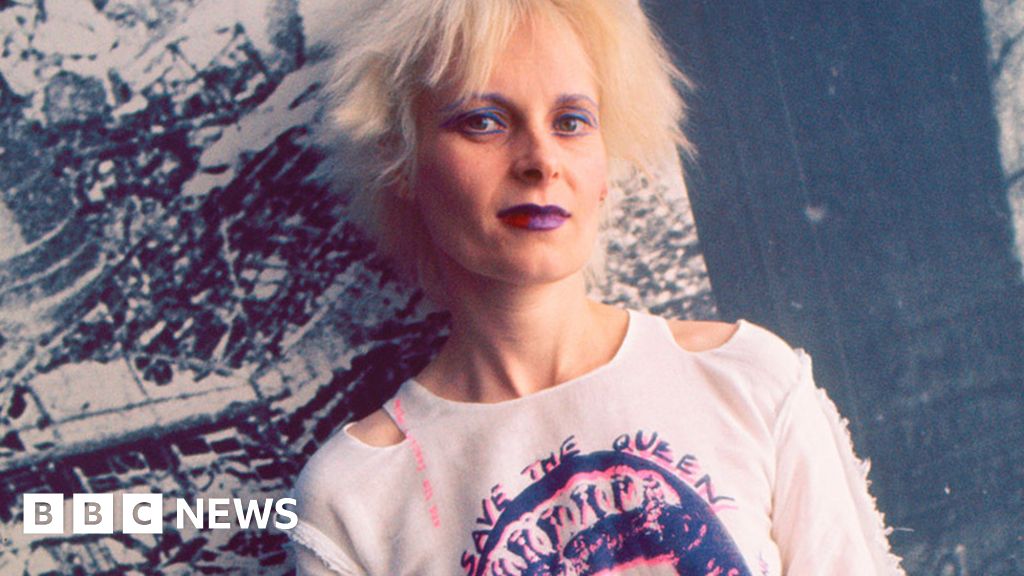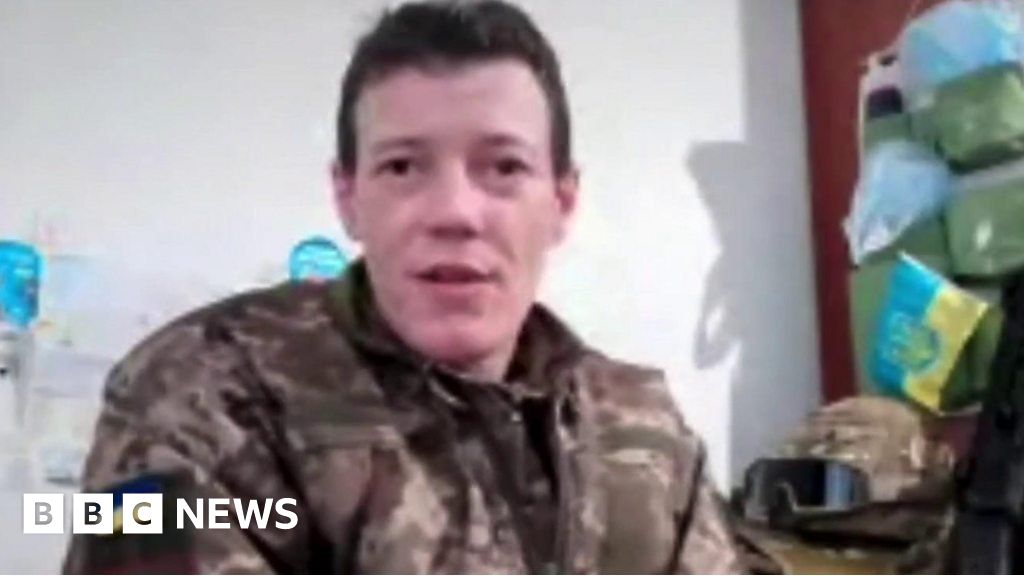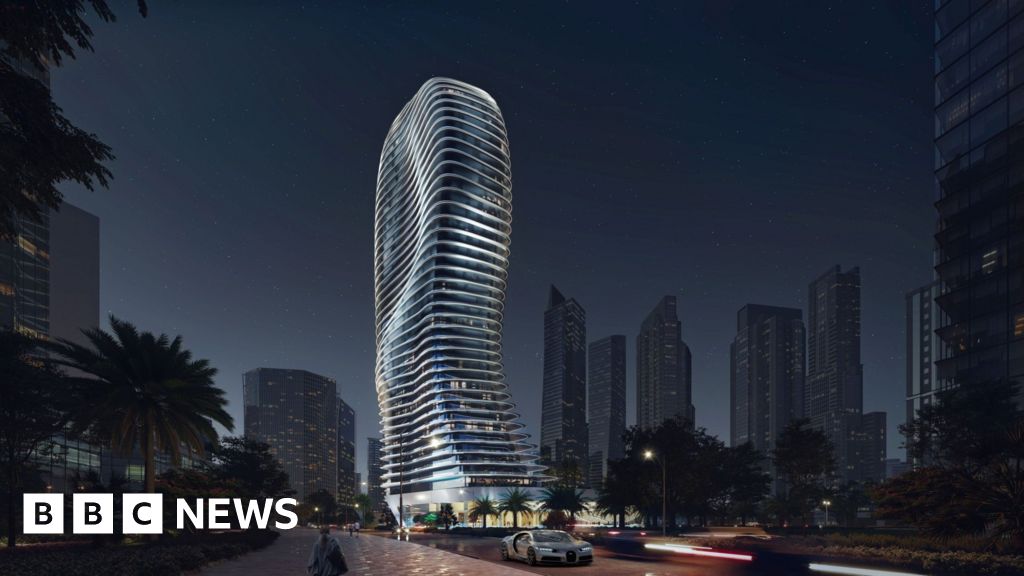image copyrightReuters
Greece says it will build a permanent reception centre for migrants and refugees on the island of Lesbos, to replace the destroyed Moria camp.
Prime Minister Kyriakos Mitsotakis said the new centre was a chance to reset policy on handling migrant arrivals.
The overcrowded camp burned down last week, leaving more than 12,000 people without shelter or proper sanitation.
Its residents, however, say they want the chance to be resettled in other European Union countries.
Since Moria was destroyed, migrants and refugees have been protesting against plans to build another camp.
Locals on Lesbos are also opposed to a permanent centre, saying that another camp would be too much of a burden on the small island.
Announcing his plans, the prime minister said: “What happened in Moria, which is a tragedy, must be seen as an opportunity.
“First of all, as an opportunity to reactivate Europe in the direction of solidarity to Greece, and to adopt a common immigration and asylum policy at a European Commission level.
“The second opportunity out of this tragedy is to create on Lesbos a new permanent reception and identification centre that will not carry the negative aspects and problems of Moria – which is identified, and rightly so, with the mismanagement of the refugee issue.”
What is the background?
The question of how to deal with the mass arrivals of migrants, mainly to Italy and Greece, has divided the EU for years.
Both countries have accused wealthier northern nations of failing to do more. Central and eastern European members of the EU are openly resistant to the idea of taking in a quota of migrants.
The Moria camp was initially designed to house 3,000 migrants and refugees. However, at the time it was destroyed more than 12,000 were housed there.
People from 70 countries had been sheltered there, but most were from Afghanistan.
Fires broke out in more than three places at the camp overnight on Tuesday, according to local fire chief Konstantinos Theofilopoulos. Further fires left it almost completely destroyed.
The fires started hours after reports that 35 people had tested positive for Covid-19 at the camp. Authorities placed the facility under quarantine last week after a Somali migrant was confirmed to have contracted coronavirus.
Since fleeing the blaze on Wednesday, families have been sleeping in fields and on roads. The Greek authorities also built a temporary camp nearby, called Kara Tepe, where some people have checked in.
On Friday, Germany announced that 10 European countries had agreed to take 400 unaccompanied minors who had been living in Moria.
But a group of charities and NGOs wrote to the German government saying more has to be done for all of the migrants, not just those minors.
